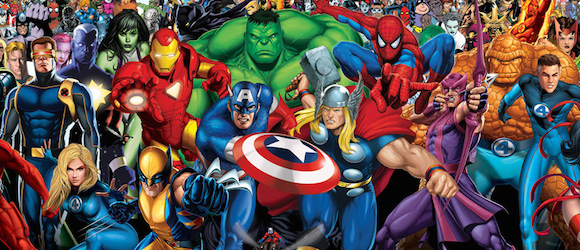
There have been some pretty dumb posts going around lately about whether you should be ashamed of reading YA, (recap at the New York Times). The answer, in my opinion, is no. You should not be ashamed about anything you read. If you’re bored, or feel stuck in a reading rut, branch out. Read widely, read happily, read intellectually, read emotionally, read to experience lives that you would not otherwise get to experience.
An aside: when I was in college, I witnessed the accidental death of a friend and housemate. For about a year after that, I couldn’t watch violent movies, and I started reading Oprah’s book club selections. They ran the gamut from “easy” fluff to much more literary offerings, but what they all had in common was that they took human dramas–including violence–seriously. It was what I needed, when I felt like the world around me refused to take seriously this terrible thing that I had witnessed.
Books are medicine, entertainment, uplifting, thought-provoking, and sometimes silly as hell. Never more than comic books. There are graphic novels like Maus, Persepolis, and Fun Home that are literary novels as much as any non-illustrated books. There are graphic novels that start in the land of common super heroes, but have something different to say, like Watchmen by Alan Moore and Neil Gaiman’s Sandman books.
And there are there are super hero comic books, still going strong since they were invented in the first half of the last century, still showing us larger than life heroes and villains and super-powered people in between. Sometimes they tell subtle stories, but sometimes they do not, and I always love them, more or less. Here are some reasons:
1. They are shameless. I remember putting down an X-men book from the 1970s and realizing that it contained: an American and a Canadian team of mutants, an alien (maybe? never super clear on that) named…wait for it…The Corsair, who was the father of one of the mutants, shamanic magic warring with other kinds of magic, gods from several pantheons, alternate dimensions, alternate universes, space travel, and domestic drama, all going on in one 15-page comic. No idea is too crazy or too mundane for super hero comics. As long as there is drama, it belongs.
2. The physiques. Not particularly the 1990s style with muscles everywhere like cancerous growths, but a well drawn body in spandex doing something athletic? I love it. Give me male and female power fantasies, and I’m happy.
3. The drama. And the self-dramatizing. This is more of point 1, because there is no aspect of comics that is not shameless, or soaked in drama. Everyone’s drama is the MOST DRAMATIC. The pain is the worst! The betrayals are the deepest! The love is the strongest! Comics are soap operas in spandex, with magical powers. Fortunes reverse on every page. Everyone sleeps with everyone. No one is ever permanently dead.
4. The humor. The best super-hero comics never forget to include some kind of humor. It makes the drama easier to take. From quips to fourth wall breaking to slapstick to dark and twisted humor, super hero comics usually know not to take themselves too seriously.
5. The visuals. I am someone who likes movies, but who definitely appreciates them on a narrative level more than on a visual level. It takes someone pointing out things like the color scheme of Pacific Rim for me to get it. But comics let you take in the visuals for as long as you want, to see the beautiful compositions, the interesting things done with color and perspective, the visual jokes. The last 15 years of comics have showcased some extraordinary artists (pencillers, inkers, and colorists). I’ve opened two page spreads and had my breath taken away. Comics artists are profligate with their beautiful creations, almost giving them away at $3 per issue.
And finally 6. it is a unique and complicated sort of storytelling. It does remind me of oral traditions, how cycles of tales were built up over centuries around Greek heroes, Norse heroes, the heroes of the Ramayana and Mahabharata, but it is more directed and less organic than that. Though canon is reset from time to time and alternate universes exist, there is also attention paid to interlocking story lines, to universe or even multiverse wide events. The writers are given a huge canvas and many players to work with, but it is not infinite. The stories have to stay within certain lines dictated by characters and by the world-wide events. Sometimes this can feel stifling even for the reader, but the scope and ambition of it, and the coherence of it is rather impressive as well.
I do understand why some people don’t read comics. They are SILLY. They are childish. They can feel simplistic, and the soap opera aspect can grow repetitive.
But they are also a fascinating medium, a medium best suited, I think, for grand, dramatic, visual stories. Super heroes are like heroes and Gods from our old pantheons. They have to do everything big.
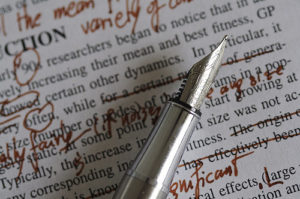
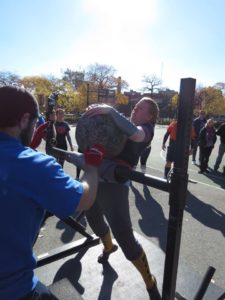
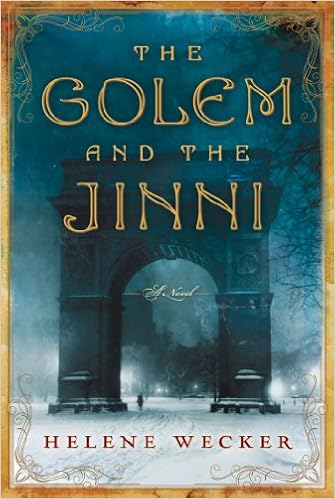 I read
I read 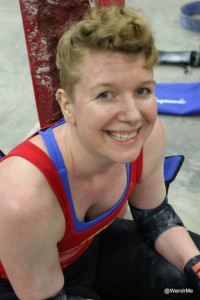
 While I was on traveling over Thanksgiving, I read The Son by Phillip Meyer, which is a literary western, in the tradition of Larry McMurtry. Indeed it is kind of a fusing of McMurtry’s historical and contemporary novels, with three parallel storylines, one beginning in the 1840s, one in 1917, and one stretching from WWII to today.
While I was on traveling over Thanksgiving, I read The Son by Phillip Meyer, which is a literary western, in the tradition of Larry McMurtry. Indeed it is kind of a fusing of McMurtry’s historical and contemporary novels, with three parallel storylines, one beginning in the 1840s, one in 1917, and one stretching from WWII to today. I think one of the things I like best about writing historical fiction is doing the research. It’s an excuse to read deeply about various historical subjects, and feel like I’m doing it for a good purpose beyond just increasing my general knowledge. (It’s also a great way to procrastinate writing.)
I think one of the things I like best about writing historical fiction is doing the research. It’s an excuse to read deeply about various historical subjects, and feel like I’m doing it for a good purpose beyond just increasing my general knowledge. (It’s also a great way to procrastinate writing.) I used to keep another blog where I made random updates on my life and whatever I was thinking. Self-indulgent, yes, but it gave me a place to muse about things. I miss that.
I used to keep another blog where I made random updates on my life and whatever I was thinking. Self-indulgent, yes, but it gave me a place to muse about things. I miss that. Many people have said it before me: writing is definitely a mix of inspiration and perspiration. More of the latter, but there is a balance that must be struck.
Many people have said it before me: writing is definitely a mix of inspiration and perspiration. More of the latter, but there is a balance that must be struck.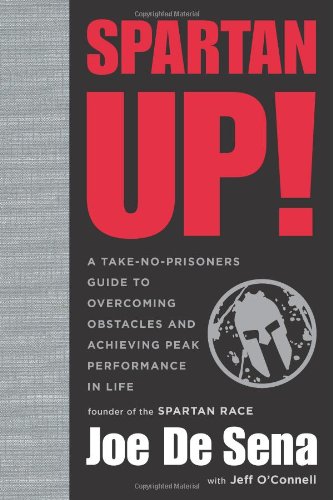 Before I went on vacation I read two very different books about athletic achievement. One was What I Talk About When I Talk About Running by Haruki Murakami, and the other was Spartan Up! by Joe De Sena. Murakami is a fiction writer I greatly enjoy. De Sena is an investment banker who retired from that and started Spartan Races, a type of obstacle racing.
Before I went on vacation I read two very different books about athletic achievement. One was What I Talk About When I Talk About Running by Haruki Murakami, and the other was Spartan Up! by Joe De Sena. Murakami is a fiction writer I greatly enjoy. De Sena is an investment banker who retired from that and started Spartan Races, a type of obstacle racing. Yes, you can always make the choice to run the ultra marathon, take the 24 hour bike ride, but you, Joe De Sena, have a wife who can take care of your 4 children while you exhaust yourself. Sometimes the hard work is not pushing yourself to your physical limits, but doing the day to day tasks. Okay, that got a little personal, but I couldn’t help but think that his wife is doing a lot of unsung work.
Yes, you can always make the choice to run the ultra marathon, take the 24 hour bike ride, but you, Joe De Sena, have a wife who can take care of your 4 children while you exhaust yourself. Sometimes the hard work is not pushing yourself to your physical limits, but doing the day to day tasks. Okay, that got a little personal, but I couldn’t help but think that his wife is doing a lot of unsung work.